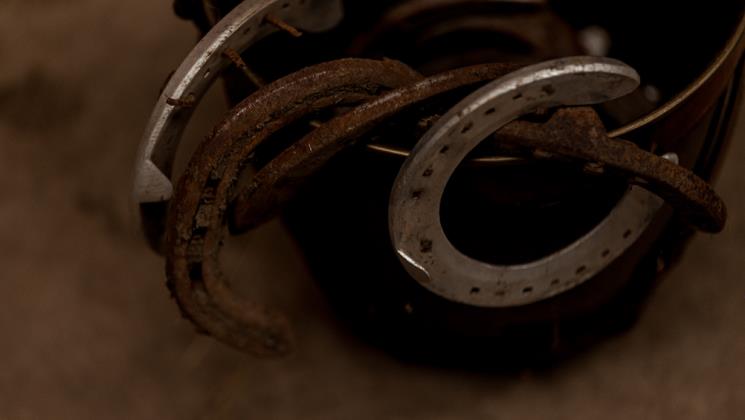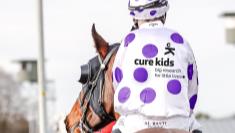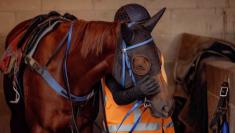
Protocols for Farriers during COVID-19
Farriers have now been added to the essential services list, where their work is essential for animal welfare. However, this DOES NOT mean farriers are able to commence routine work. This means that clients are now able to contact their farrier directly if they require emergency hoof care or their horse has a pre-existing condition that, if not shod on the usual cycle will cause detriment to the welfare of the horse, without first having to contact a veterinarian.
It is recommended that before arranging a farrier visit the client must first assess:
a- Is the visit necessary and whether treatment can be delayed without compromising animal welfare till the alert level has been lowered?
b- Can the farrier assess the situation without visiting? ie. via photos or a video call.
On arrival at the property, farriers and contracted staff are required to maintain strict standards of personal hygiene and strictly follow government social distancing advice. It is strongly recommended that farriers bring one person as a handler or the trainer assign one handler to assist.
Prior to arrival a clear and detailed worklist should be texted or emailed to the farrier and an expected arrival time confirmed to ensure the farrier is met by the assigned handler only.
Farriers and contracted staff should wear overalls, masks and gloves during all duties when it is practical to do so.
Farriers should change into a new set of clothing before and after work on each different property with used clothing and gloves removed and stored in a closed container inside the vehicle after use (ie plastic lidded container). Hands must be washed, and boots should be disinfected on arrival and departure of a property.
Properties should provide and use disinfectant buckets and sprays, hand sanitiser or soap and running water for regular washing of hands and these should be located throughout the property with easy access.
All used equipment should be disinfected, particularly all hoof gear and high contact areas on vehicles used during day to day tasks between properties; and on arrival and before departure from the workplace; and before and after eating or drinking.
When travelling between properties essential workers may be asked to show who they work for. We encourage essential workers to carry some form of identification to show who they are, who they work for, and their role to support the authenticity of their travel e.g. business card, letter from their employer or work ID.
Personal Responsibility
A person must not enter any property and must inform their employer and self-isolate if they have cold or flu symptoms, including coughing, sneezing, runny nose, headache, aches or fever, or if they know or suspect that they have been in contact with a person suspected or confirmed as contracting COVID-19, or if they or a close contact has returned to NZ from overseas within the previous 14 days.
Any staff member must report their concern as to the health status of any another person in the workplace.
As an agreed condition of employment, the trainer must ensure:
1- Staff immediately return to residences as soon as work duties are complete.
2- When home isolation is conducted in accordance with Government stipulations and prohibit the socialising of staff either at or away from the workplace.
If in doubt please refer to the government website: https://covid19.govt.nz/









